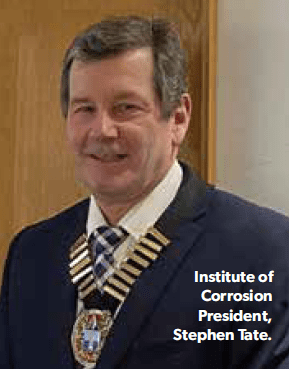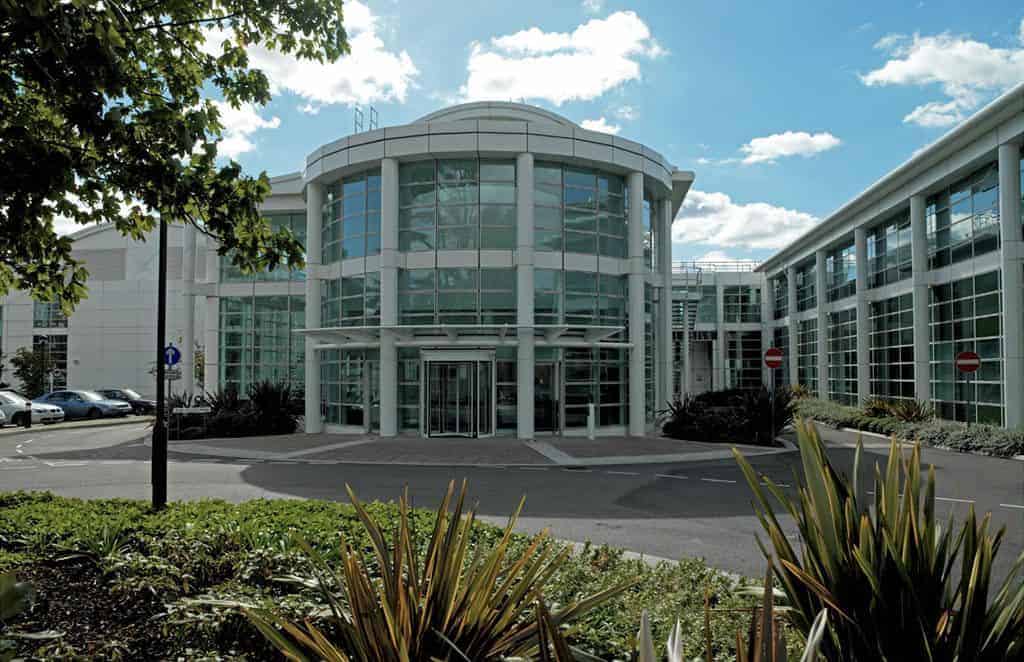The cart is empty!
How the Institute of Corrosion operates – Professional Assessment Committee
The Professional assessment Committee (PAC) is responsible for the evaluation and assessment of applications for Professional Membership of the Institute of Corrosion (TICorr, MICorr and FICorr), plus applications for Chartered Scientist and, via the cathodic protection sub-committee, Cathodic Protection Personnel Certification. PAC reports to the Council of ICorr through the Trustees. The committee consists of a Chair and at least 5 other members. The maximum number of all members should not normally exceed 10, and is currently around that size, although new assessors are always welcome. The Chair of PAC is nominated by the ICorr Council.
The members of PAC are expected to be Professional Members of the Institute and to have extensive experience in various disciplines within the corrosion industry or academia. Members of the committee may be nominated by any Professional Member or ICorr Member, and are ultimately appointed by the PAC Chair. The normal term of membership is 4 years, although any member approaching this is eligible for re-nomination. The Chair is also awarded on a 4-year basis, with the option for re-nomination by Council. The PAC’s terms of reference are to assess applications for Professional Membership in compliance with Equality, Diversity, and Inclusion (ED&I) requirements, including unconscious bias. All information provided by the applicant is treated with the utmost confidentiality and is not discussed or passed on to any third party in accordance with the Data Protection Regulations. Applications are checked for compliance with the Membership Regulations for education, training, and experience, as appropriate to the grade, and must be accompanied by two references, at least one of which must be from a Professional Member of the Institute. In exceptional circumstances, appropriately certificated and qualified members of other bodies may be acceptable at the discretion of the Chair.
Applications for Professional Membership are sent to 3 members of the PAC Committee (providing they are not also acting as a referee) for assessment and recommendation of suitability for Professional Membership at the grade appropriate to their experience. Where unanimous approval is not received, the PAC Chair adjudicates (with the assistance of the President if considered necessary) and recommends whatever action or consultation is considered appropriate. This may involve the arrangement of a meeting (currently on-line or by telephone, but face-to-face whenever possible) to discuss the candidate’s application and address any concerns that may have been identified by the Professional Assessors. The PAC Chair prepares a report of approved applications for presentation and approval by Council, circulated ahead of Council Meetings, and on approval, the appropriate Certificates are signed by the President and sent to the successful applicant. Successful candidates are announced in Corrosion Management, normally in the January/February issue, unless requested otherwise. The members of PAC only meet, either in person or on-line, at the discretion of the Chair. In general, communication is carried out by email or post, with the applicant’s files only retained for record purposes at Head Office. All applicant’s information and assessments are treated as confidential and held in the Member file in Head Office, and retained for up to 5 years upon leaving the Institute.
The procedures employed by the PAC, together with the Membership Regulations, are reviewed every 12 months and updated as required, following discussions with the Professional Assessors and President and subject to their approval.
The current PAC Chair is Paul Lambert, and there is a recently introduced Vice-Chair position that is currently vacant. Anyone who is interested in joining the PAC as a Professional Assessor should contact Paul via email on pac.chair@icorr.org


